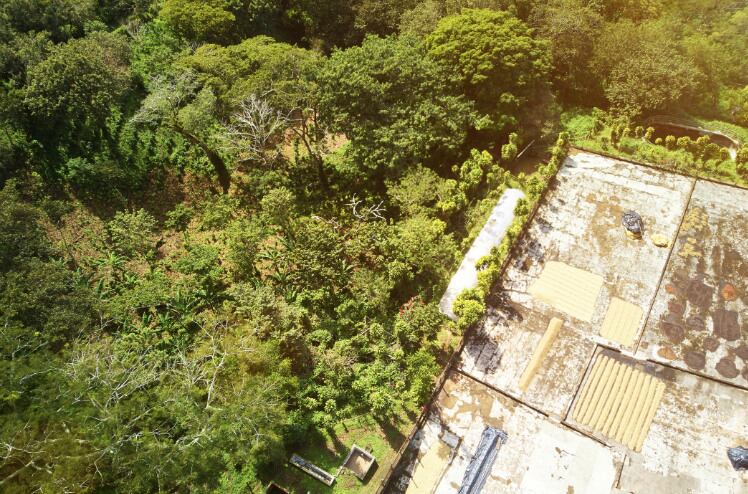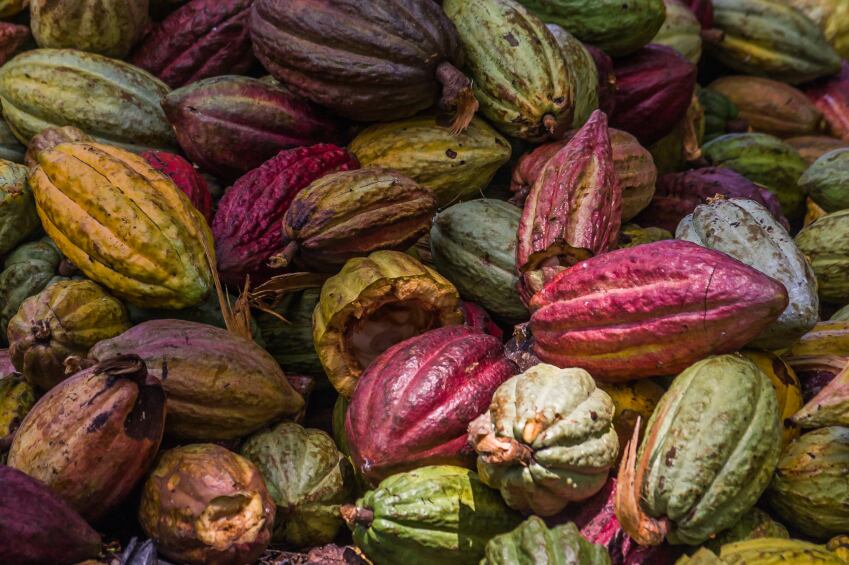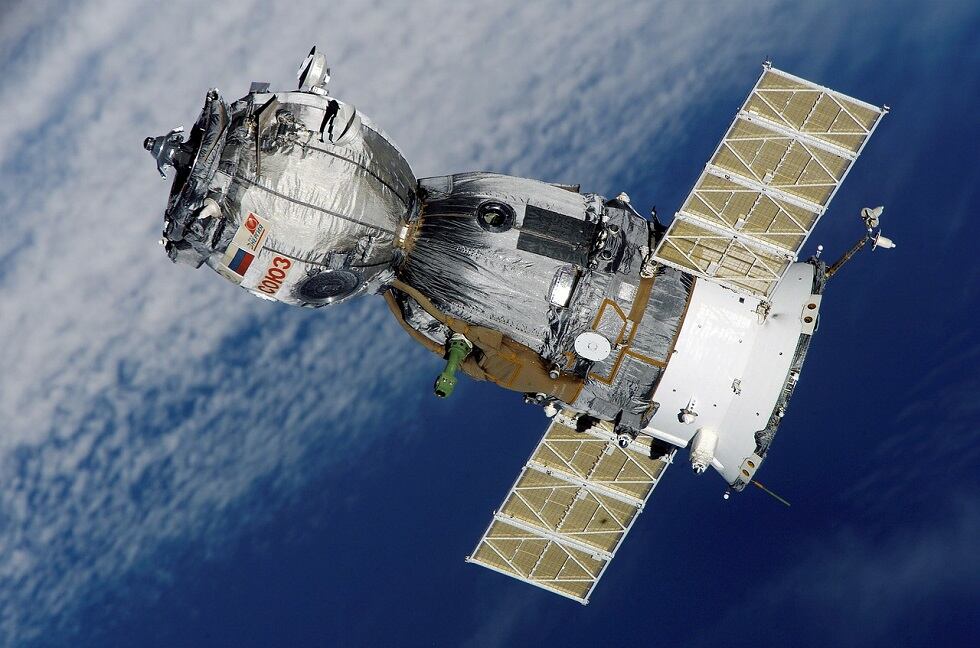The Ag-Tech Developer Challenge invites remote-sensing, artificial intelligence, drone and Earth-observation companies to submit proposals through March 15 for a product that will collect and record data from the sky.
Judged by a panel of geospatial, cartography and sustainability experts from the likes of Google, Mars Inc and the Ghana Cocoa Board, the top-two winners will receive grants of €100,000 ($115,000) and €75,000 ($86,000), respectively, to implement their technology in the Rainforest Alliance’s Farm Development Program (FDP) initiative. The organization will consider all ideas for ‘future engagement.’
The project aims to find a digital technology solution for farmers in Ghana, to start, to make the most of their land – identifying sickly trees, for instance. Ultimately, smallholder farmers should increase their yields by 300% over seven years, or by 1.5 tons (1500kg) per hectare.
Winning ideas from the Ag-Tech challenge will increase the precision of mobile-enable FDPs, the Rainforest Alliance said in a release.
A new way to run a cocoa farm
Part of the organization’s SAT4Farming program, a pilot spearheaded by Mars Inc. in Indonesia, FDP is a business-planning tool created to assist smallholder cocoa farmers in efficiency and yield.
These farmers produce a majority of the world’s cocoa, the nonprofit says, but continue to live in poverty while under the accumulating threat of ‘climate-related pests and plant diseases.’
FDP does this by sending an agent to cull data on the ground about everything from family finances, including investments and loans, to farm data, which includes cocoa production and prices. The agent then uses that data to segment the cocoa farm’s land into different plots based on their viability, adaptability or tendency toward disease.
Regular monitoring and adjusting of this data allows the agent and farmer to follow an up-to-date profit-and-loss model – in other words, a more efficient, productive farm. But that human touch takes time.
Remote-sensing technology could gather this information “more quickly, cheaply and precisely – and for more farmers,” the Alliance says.
All for one and one for all
With new technology from the Ag-Tech challenge, the SAT4Farming program hopes to reach 30,000 Ghanian farmers by the end of 2020, according to the release.
Ideally, in the future, the Alliance will take this technology and the FDP system to 120,000 farmers in other cocoa-producing nations, including Indonesia, Cote d’Ivoire, Nigeria and Ecuador.
To build these programs, the Rainforest Alliance joined forces with Grameen Foundation, a nonprofit dedicated to eliminating poverty; Touton, a French chocolate, coffee and spice sourcer; Satelligence, a remote-sensing company focused on deforestation; and Waterwatch Projects, a vegetation database commissioned by the European Space Agency.



